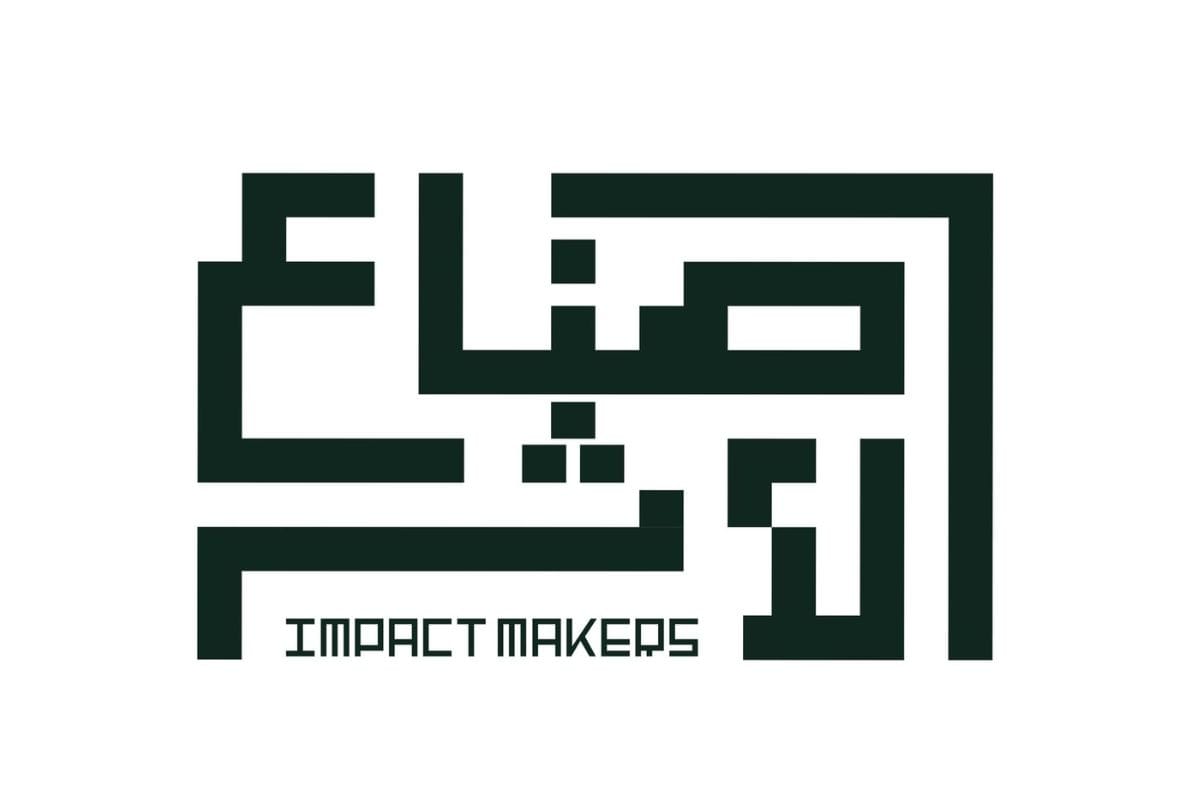International Humanitarian and Philanthropic Council Launches Initiative to Cultivate Skilled Content Creators
Dubai, UAE – In a significant move to strengthen the field of humanitarian and development-focused media, the International Humanitarian and Philanthropic Council has unveiled an ambitious initiative aimed at training 250 content creators and journalists. This program, part of the broader “Impact Makers” initiative, was officially announced under the distinguished patronage of His Highness Sheikh Theyab bin Mohamed bin Zayed Al Nahyan and represents a proactive step toward fostering a culture of impactful storytelling in the humanitarian sector.
The urgency and importance of well-crafted narratives in humanitarian contexts cannot be overstated. In an era saturated with information, the ability to convey stories of compassion and resilience is critical not only for advocacy and transparency but also for mobilizing support. Through this training initiative, the Council aims to equip media professionals with the requisite skills to craft compelling and informative stories that resonate with audiences and encourage meaningful engagement.
Enhancing Storytelling in Humanitarian Contexts
The training programmes will be implemented in collaboration with the New Media Academy, a premier regional institution under the Visioneers Group, dedicated to advancing digital media innovation. The foundation laid by the Academy will ensure participants receive instruction that is both relevant and contemporary, reflecting the ever-evolving media landscape. The programmes are set to roll out later this year and encompass a variety of modules aimed at enhancing essential skills.
Among the noteworthy training modules are “Spokesperson Skills, Media Appearance, and Crisis Management in the Media,” which will focus on preparing participants to effectively engage with the press during critical situations. Another crucial module, “Humanitarian Impact Journalism,” emphasizes journalistic integrity and the nuanced portrayal of humanitarian crises. Additionally, the module on “Humanitarian Impact Content Creators” offers two distinct tracks, one of which has been developed in collaboration with the Arab Youth Centre, further ensuring that the training is relevant to the specific challenges faced in the Arab region.
The goal of these modules is not only skill acquisition but also the cultivation of a deeper understanding of how humanitarian narratives can influence public opinion and policy. By training journalists who are adept at crafting nuanced, impactful content, the Council hopes to elevate the visibility of humanitarian efforts, ensuring that stories of adversity and triumph are told with the empathy and respect they deserve.
The Ripple Effects of Strategic Training
By investing in the future of humanitarian storytelling, the International Humanitarian and Philanthropic Council aims to amplify the voices of those often marginalized in traditional media narratives. The focus on digital-first content is particularly salient, as consumption patterns shift toward online platforms. This initiative recognizes the changing dynamics of media engagement, with an emphasis on creating content that is not only informative but also visually engaging and easily shareable across social media.
In a region that grapples with a myriad of humanitarian challenges, from displacement caused by conflict to those arising from climate change, the need for informed and responsible journalism is more critical than ever. The stories arising from these contexts must weave threads of not just despair, but also hope and resilience, showcasing the efforts of individuals and organizations working tirelessly to improve lives against the backdrop of adversity.
A Vision for the Future
As the training initiatives unfold, the Council envisions a new generation of content creators who will stand as advocates and storytellers for humanitarian issues in the Arab world and beyond. By empowering these individuals, the initiative seeks to establish a network of skilled journalists who can navigate the complexities of humanitarian storytelling.
In doing so, the International Humanitarian and Philanthropic Council is not just investing in professional development but is also nurturing a community committed to elevating the discourse around humanitarian work. As these trained professionals take to their respective platforms, the potential exists for transformative change in how humanitarian issues are perceived and addressed.
In conclusion, the “Impact Makers” initiative underscores a broader commitment to fostering resilient communities through informed reporting. It reflects a recognition of the profound influence that well-articulated narratives can have in shaping public consciousness and inciting action. As these programmes progress, they promise to redefine the landscape of humanitarian media in the Gulf region, ultimately benefiting both content creators and the communities they aim to serve.
Tags: #UAE #HumanitarianNews #MediaInnovation #EducationNews

